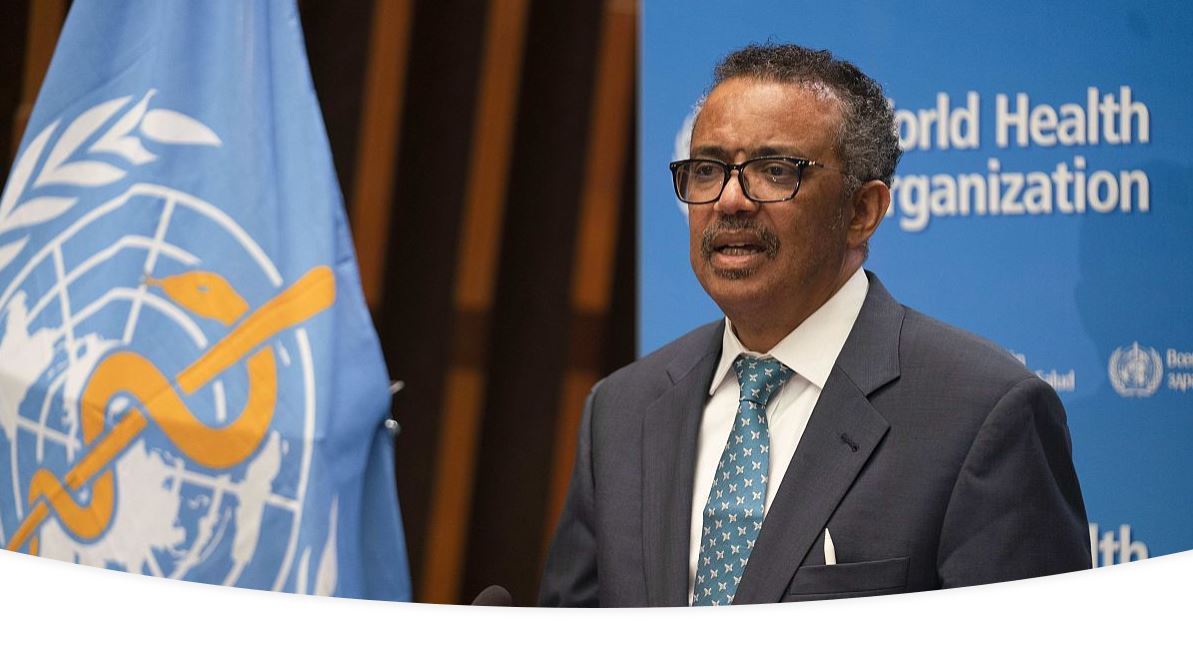News & Trends - Pharmaceuticals
WHO suspends hydroxychloroquine trial post safety concerns

Pharma News: The World Health Organisation (WHO) has announced it will temporarily suspend a trial into anti-malarial drug hydroxychloroquine to treat COVID-19 due to safety concerns.
The decision follows a study published in The Lancet that found people taking hydroxychloroquine were at higher risk of death and heart problems than those who were not and that there were no benefits to treating coronavirus patients with the drug.
Dr Ian Musgrave, Senior Lecturer in the Faculty of Medicine, School of Medicine Sciences at the University of Adelaide, said “The suspension of the WHO clinical trials of hydroxychloroquine as a COVID-19 treatment is understandable. Every clinical trial must balance risk and benefit to its participants. Hydroxychloroquine is used to treat malaria and autoimmune disease and has known adverse effects. Its adverse effects on the heart were one of the most concerning, but potentially manageable. In the wake of substantial studies in the New England Journal of Medicine and British Medical Journal which showed no benefit, the recent large study in The Lancet that showed no benefit with significant adverse effects on the heart and a clinical trial in Brazil that was halted because of adverse effects on the heart, it makes sense to suspend the WHO clinical trials in the interests of patient safety.
 Register FREE & join 22,000+ industry professionals in reading the latest industry news & engaging content from Health Industry Hub, the ONLY one-stop-hub connecting Australia’s Pharma, MedTech and Biotech industry professionals.
Register FREE & join 22,000+ industry professionals in reading the latest industry news & engaging content from Health Industry Hub, the ONLY one-stop-hub connecting Australia’s Pharma, MedTech and Biotech industry professionals.
While the results of treatment trials are negative, trials of hydroxychloroquine as a preventative treatment may still be worthwhile. The mechanism of action of hydroxychloroquine is to reduce the viruses ability to infect cells, so it may be more effective at prevention than treatment. In a prevention trial, the subjects are healthy and can be screened so participants at risk of heart problems can be excluded. People participating in these trials can be closely monitored for adverse effects and treatment stopped if issues arise.”
Dr Gaetan Burgio, Group leader and head of the transgenesis facility, John Curtin School of Medical Research at the Australian National University, said “Hydroxychloroquine has been widely publicised as a potential treatment for COVID-19 infection but a series of observational studies and small randomised clinical trials have raised safety concerns and lack of efficacy for Hydroxychloroquine against the virus. This culminated last week with the publication in The Lancet of a large observational study on over 90,000 COVID-19 infected patients from 6 continents and 671 hospitals showing lack of efficacy of hydroxychloroquine and an increase of over 35% of serious cardiac side effects.
Following this important report, the decision to temporally halt the Solidarity trial for Hydroxychloroquine and to review the safety data in patients that underwent this trial is expected and logical. This will enable the researchers to determine whether it is safe to continue this very large clinical trial in over 60 countries and 3,500 patients.”
The Peter Doherty Institute for Infection and Immunity, conveners of AustralaSian COVID-19 Trial (ASCOT) said “The governance committees of ASCOT are continually reviewing all available evidence regarding treatment for COVID-19. They are currently reviewing this new evidence and implications for ASCOT.”
 In alignment with the Government’s mental health initiative the #SelfcareInHealthcare campaign has been launched to support Pharma, Biotech and MedTech industry professionals. The initiative is supported by Medicines Australia, AusBiotech and ARCS Australia. Learn more.
In alignment with the Government’s mental health initiative the #SelfcareInHealthcare campaign has been launched to support Pharma, Biotech and MedTech industry professionals. The initiative is supported by Medicines Australia, AusBiotech and ARCS Australia. Learn more.
News & Trends - MedTech & Diagnostics

Bariatric surgery trumps Novo Nordisk’s Wegovy in cost-effectiveness and durability
MedTech & Diagnostics News: Bariatric surgery emerges as cost-effective, boasting superior and enduring weight loss outcomes over a five-year span […]
MoreNews & Trends - Pharmaceuticals

Aussie digital health company hits new milestone in AstraZeneca partnership
Pharma News: Fewer than 50% of asthma patients adhere to their prescribed preventative medications. An Australian digital health company has […]
MoreDigital & Innovation

Medical drone to reduce health equity gaps in rural and remote Australia
A specialised medical drone which increases accessibility to essential health services such as pathology, medicines, and telehealth services in rural […]
More